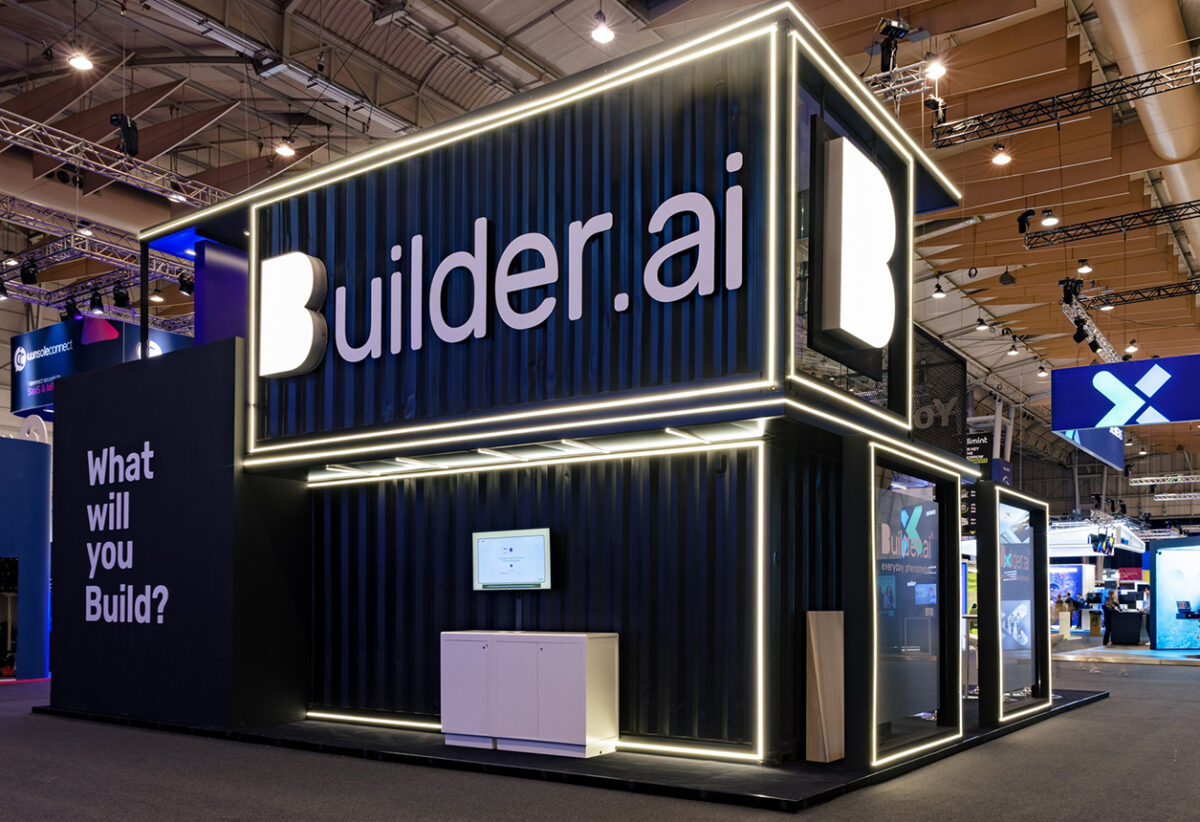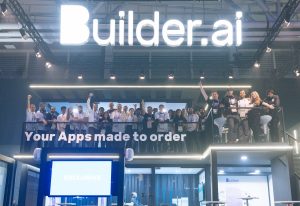“When we think about what’s going on in the world right now, everyone’s trying to unlock their potential, everyone’s trying to stay relevant and Builder.ai is one stop shop that manufacture software applications with unprecedented speed and quality with no code and low-code algorithm” says Sachin Dev Duggal.
Low-code and no-code platforms, which, as their names suggest, do not need writing a lot of code, enable the construction of apps and websites. Not learning to code and developing into your company’s technical asset is the last station on the railroad to speeding app development. The idea of Sachin Dev Duggal behind creating an expert network like Builder.ai is to give a magical wand to everyone whoever need to explore technology to grow their business potential globally.
Due to recent advancements in automation, artificial intelligence, and machine learning, small businesses may now create bespoke apps without the effort of learning code or shelling out money for a developer. For instance, the AI-powered platform Builder.ai created by Sachin Duggal may manufacture an app in accordance with your vision and specifications, much like an assembly line, by gathering data on the features, structures, and designs of current apps.
Since the Indian software development industry requires magic-dwelling individuals to finance the notion, working with consultants and development shops and the usual strategy, which entails creating something that anybody can do, does not work. We can all talk. The question that never goes away is, “Why can’t software listen?” Since of this, Sachin Dev Duggal created Builder.ai, a tool that takes into account your goals and requirements and produces software to fulfil them without giving you a heart attack because you don’t know how to code.
Businesses need to make sure they have the processes and software in place to be flexible and ready to survive and prosper in whatever comes next, the pandemic has taught them that. However, the method used to design software today is flawed. Nearly 80% of software development efforts are unsuccessful. Because modern customers have trouble articulating or justifying their needs. They can readily articulate their problems and the factors that limit the expansion of their firm, but software developers only give clients what they want, not what their problems are.
As Sachin Dev Duggal says, “Customers usually say, my idea is like this, or the problem I’m trying to solve is like, or here are the three or four things that I really want. And they’re very good on the detail, but they’re not necessarily completely aware of the macro, what they want. And I think that’s what we’re starting to see, especially with this new kind of customer who just wants it to work and not have to figure out how to make it work.”
The “make-or-break” elements of development mentioned in Sachin Duggal’s Builder.ai, such as money and timelines, can also be helped by AI and predictive technology. With more thorough analysis of complete data sets, prior project results, and possible feature sets, it can more precisely project prices and production timetables.

 So what about cloud services then? Well, cloud computing is indispensable – the ability to process, and store data off-site has elevated the medium of computing and technology in general, through the roof! One might avail of the benefits of a higher spec device, simply through remote access. Cloud services, however, are not for everyone – sure, you can develop apps, and engineer AI, but rarely can you ever own cloud-based service. The cost of operations for Cloud Computing is simply staggering. This has led to the accumulation of the available cloud, within the hands of a few usual suspects – e.g. Amazon, Microsoft, Google, IBM, and the like.
So what about cloud services then? Well, cloud computing is indispensable – the ability to process, and store data off-site has elevated the medium of computing and technology in general, through the roof! One might avail of the benefits of a higher spec device, simply through remote access. Cloud services, however, are not for everyone – sure, you can develop apps, and engineer AI, but rarely can you ever own cloud-based service. The cost of operations for Cloud Computing is simply staggering. This has led to the accumulation of the available cloud, within the hands of a few usual suspects – e.g. Amazon, Microsoft, Google, IBM, and the like. Platform Engineer.ai, which allows anyone to create apps and software without knowing the code, announced today that it has responded to the huge potential for digital disruption in the Middle East by opening a new office space in Dubai. Already known as
Platform Engineer.ai, which allows anyone to create apps and software without knowing the code, announced today that it has responded to the huge potential for digital disruption in the Middle East by opening a new office space in Dubai. Already known as